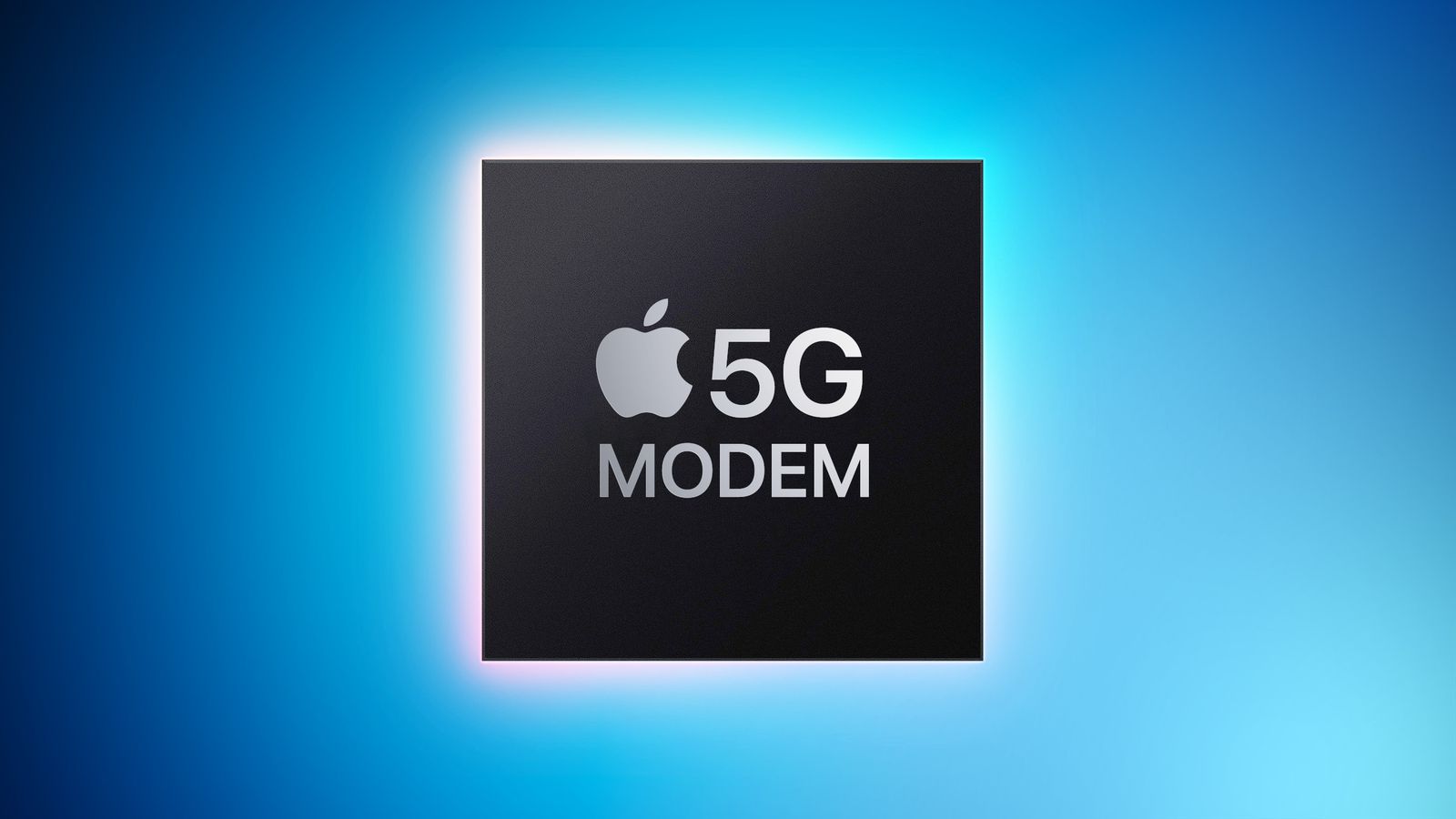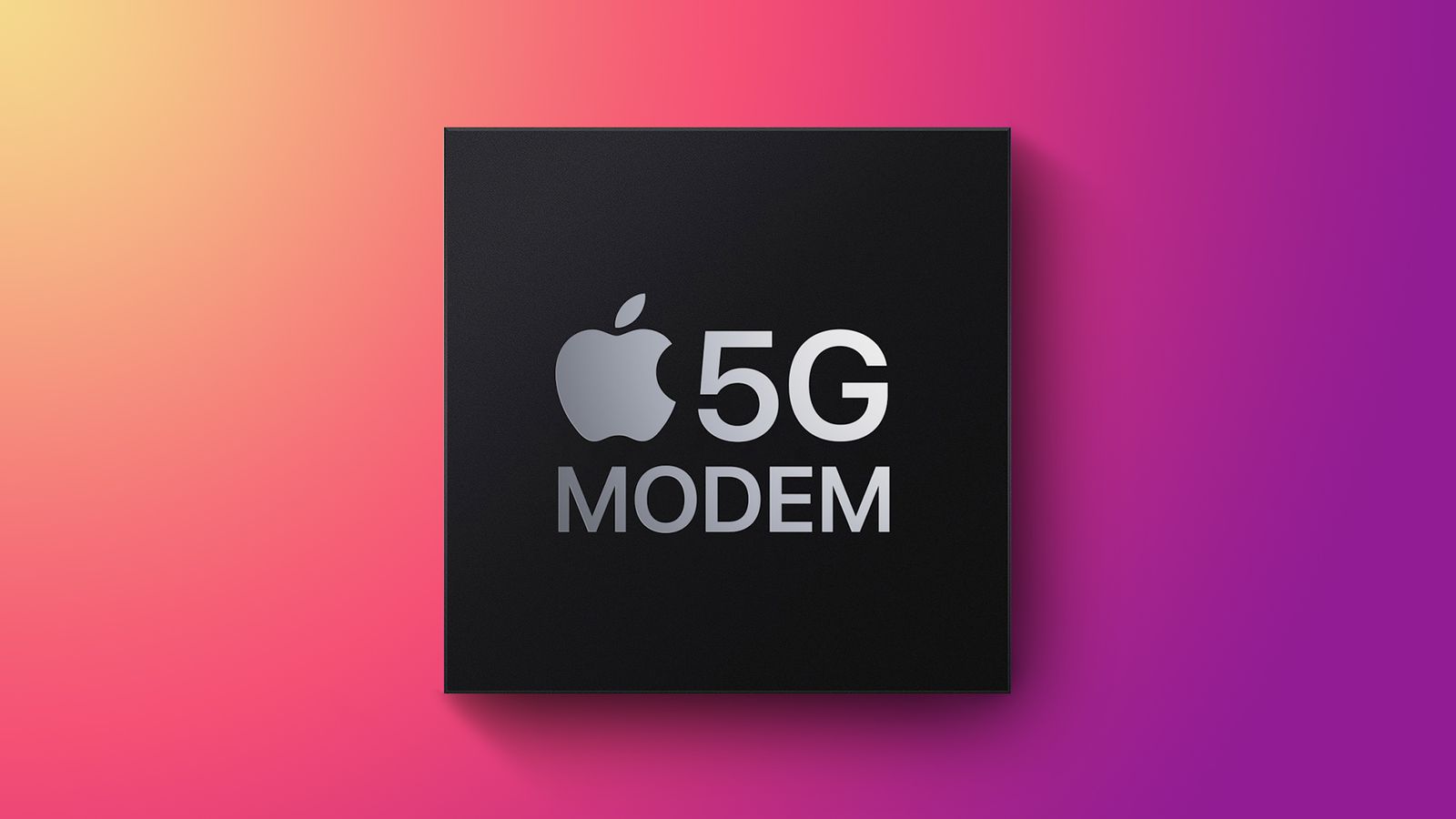An insider leaks the truth Behind Apple iPhone SE 4’s abandoning 5G Modem Plans. In the fast-paced world of technology, Apple has always been at the forefront, pushing boundaries and setting new standards. However, recent developments suggest a surprising twist in its journey towards self-sufficiency in 5G technology. Once rumored to be on track with their in-house modem for the upcoming iPhone SE 4, Apple now seems to be pivoting away from this ambitious project.

Bold Vision For Apple iPhone SE 4 Interrupted
Renowned for its innovation and strategic partnerships, Apple’s venture into developing its own 5G modem has been a topic of much interest. Insider sources, including the reputable Ming-Chi Kuo, hinted at a 2025 release of Apple’s self-developed modem. Yet, according to recent reports from Revegnus on X, this dream may no longer be in the cards for the tech giant.
The decision to develop in-house 5G technology was rooted in Apple’s desire for greater control over its supply chain and cost-saving initiatives. The company’s history of paying hefty royalties to Qualcomm and its brief, less-than-satisfactory partnership with Intel highlighted the financial and technical challenges of relying on external suppliers.
The US government just wouldn't believe that Huawei's Kirin 9000s has an integrated 5G modem because Apple couldn't do it.https://t.co/ILqqYb7sC2
— William Huo (@wmhuo168) September 28, 2023
The Financial Impetus
For Apple, the move towards self-manufactured modems was more than just technological advancement; it was a financial strategy. By replacing Qualcomm modems with its own, Apple aimed to cut costs significantly, particularly for its more budget-friendly models like the iPhone SE line.
The company’s success in creating its SOCs (System on a Chip) for iPhones demonstrated its capability and set the stage for the next logical step: modems. This shift was expected to enhance Apple’s profit margins, allowing for more competitive pricing in an increasingly crowded market.

Ambitious Projects in Limbo
The vision for Apple’s self-reliance didn’t stop at modems. There were strong indications that the company was also venturing into developing its display technology, potentially replacing suppliers like Samsung, BOE, and LG. This move towards Micro LED panels, if successful, would mark another significant stride in Apple’s journey towards complete in-house production.
A Shift in Plans
Despite the high hopes, it appears that Apple’s modem project might be shelved, at least for the near future. The anticipated iPhone iPhone SE 4, initially thought to be the first model to feature the in-house modem, will reportedly continue to use Qualcomm technology. This decision represents a significant shift in strategy, possibly influenced by technical challenges or reassessments of the project’s viability.
Apple’s acquisition of Intel’s modem business in 2019 fueled expectations of rapid progress in this domain. However, the journey from acquisition to implementation has proven more complex than anticipated.
The Future of Apple’s 5G Ambitions
While the current reports suggest a pause or a potential end to Apple’s self-developed modem project, the tech world knows that nothing is set in stone. The company’s history of innovation and surprise moves leaves room for speculation and future developments.
In the meantime, Apple isn’t short on groundbreaking projects. Its focus has shifted to other ambitious initiatives, including a virtual reality headset, non-invasive blood glucose monitoring technology, and the continued development of OLED iPads. These projects indicate Apple’s ongoing commitment to innovation, even as it navigates the complexities of modem technology. With the records and ambition of the company, we can say that the insider story about the iPhone 4 SE abandoning the 5G modem may be true.

An Uncertain but Hopeful Horizon
As with any unconfirmed reports, the fate of Apple’s in-house modem project and iPhone SE 4 remains a matter of speculation. Yet, one thing is certain: Apple’s journey in the realm of 5G technology is far from over. Whether through internal development or strategic partnerships, the company is poised to continue playing a pivotal role in shaping the future of mobile technology.









